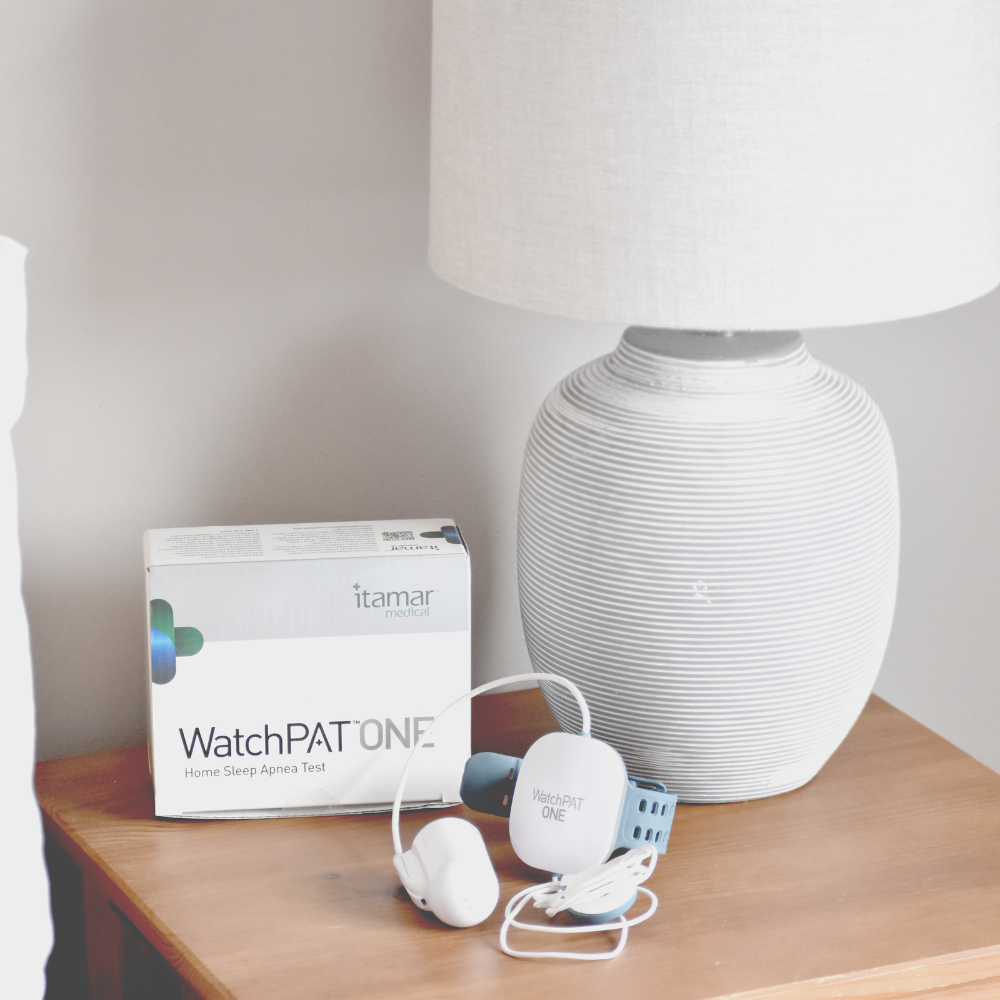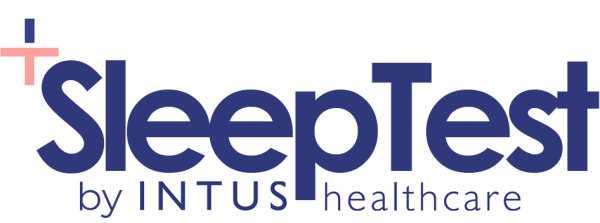Fact Checked
Intus Healthcare’s writers, customer service team, and sleep experts review and ensure this information is accurate.
Last updated on March 31st, 2025 at 10:53 am
While air pollution is known to be a potential hazard to overall health, recent research indicates poor air quality can also impact our sleep. The research suggests that increased levels of air pollution may increase the risk of sleep disorders such as Sleep Apnoea.
These disorders can result in a sustained period of poor-quality sleep, with this sleep deprivation having the potential to cause serious health issues, including heart disease and stroke.
Although more research is required to prove a causal link between air pollution and Sleep Apnoea, continued exposure to poor-quality air can also lead to heart and lung health issues.
Table of Contents
Air Pollution and Lack of Sleep
There can be a number of factors that may make it difficult for someone to come by sleep. Sleep disorders such as Obstructive Sleep Apnoea, where a person has trouble breathing while sleeping due to a narrowing of the upper airways, can be affected by factors like age, weight and smoking.
A study of nearly 2,000 people accounted for these factors when it looked at a possible link between air pollution and Sleep Apnoea before publishing its results in the Annals of the American Thoracic Society.
In this study, two common outdoor air pollutants were taken into consideration: nitrogen dioxide and a small particle known as PM2.5. The researchers found people living in areas with higher levels of these two pollutants were at more risk of suffering from Obstructive Sleep Apnoea (1).
The reason for this increased risk could be the irritation of the upper airways caused by inhaled pollutants. It may also lead to inflammation of the nasal passages, which contributes to the narrowing of the airways and the breathing difficulties experienced with Obstructive Sleep Apnoea.
A recent study in China examined another reason why air pollution could result in a lack of sleep. This centred on how pollutants in the air we breathe could directly affect the brain, thereby impacting its cognitive functions while we sleep.
How Allergies Affect Sleep
Modern industry and traffic are major contributors to the pollutants in the air we breathe. Yet, for those who suffer from allergies, the quality of their sleep can be further compromised by the allergens they inhale.
Some allergens, such as pollen, may be seasonal, but others can be an all-year-round problem if not properly managed. Such allergens include dust, mould, and pet hair, which can cause inflammation in the nasal passages of allergy sufferers and increase mucus production.
The end result is increased difficulty sleeping at night, and the side effects of some allergy medications may add to the problem as they can cause dehydration in the nasal passages.
Reactions to allergens are termed allergic rhinitis, and if you suffer from the symptoms over an extended period of time, you could find yourself increasingly sleep-deprived. Lack of sleep and daytime fatigue are common problems associated with disorders like Sleep Apnoea.
Aside from the frequent interruptions to sleep and loud snoring, which are major symptoms of Sleep Apnoea, prolonged spells of sleep deprivation can increase the risk of heart disease, high blood pressure, stroke and type 2 diabetes. The daytime fatigue also places you at a greater risk of an accident, particularly a traffic accident.
Managing Your Environment
Although modern life makes it difficult to avoid pollutants completely, there are numerous ways to try and reduce your exposure. This is particularly so if you know you are allergic to certain pollutants, such as pollen, as you can better manage your home environment to protect you from their effects.
Checking air pollen forecasts and limiting your time outdoors when the forecast is high help, but pollen can also drift indoors or be brought in on clothing. Pollen is mainly released in the early morning, so it is best to sleep at night with the windows closed and then to air your room by only opening the windows when the pollen level forecast is favourable.
To offset the risk of pet hairs and dust mites, ensure you hoover regularly and change bed sheets often.
For those living in busy built-up areas or near busy main roads, managing the environment of your home is not too dissimilar to that for allergen pollutants. By keeping windows closed at peak times or using an air conditioning system, you can help minimise exposure to pollutants.
If changes to your living environment do not fully ease your exposure to pollutants, you might consider an air filter system such as a HEPA filter. As air is forced through the filter, pollutants such as dust, smoke, pet dander and pollen are trapped and removed from the air you inhale.
Related article: What is sleep hygiene, and why is it important?
Do Not Put Up With a Lack of Sleep
Difficulties sleeping should not be ignored and put up with as part of a hectic modern life. Sleep deprivation can result in an increased risk of serious health consequences, and anyone experiencing a prolonged period of a lack of sleep should consult a professional.
Obstructive Sleep Apnoea is the most common form of Sleep Apnoea, which is also a common condition. However, the large majority of people with Sleep Apnea are unaware they have the disorder, which has treatable symptoms.
Symptoms of Sleep Apnoea include:
- frequent interruptions to sleep
- loud snoring
- poor concentration
- mood swings
- morning headaches
With an at-home test, you can easily get a diagnosis of Sleep Apnoea (it that’s indeed the cause of your problems). These easy-to-use tests measure blood oxygen levels and heart rate over two nights via a monitor attached to a clip worn on a finger as you sleep.

Home Sleep Apnoea Test
The test monitors your heart rate, snoring intensity, blood oxygen levels, body positioning, and more, providing accuracy comparable to testing used in sleep clinics for in-depth sleep analysis.
The simple-to-use test takes just one night to complete, and results are returned within two working days after completion.
Our experienced NHS-qualified sleep professionals independently analyse all studies, providing follow-up advice and support.
Analysed by trained sleep professionals, the data can indicate the level of Sleep Apnoea suffered. From there, a relevant treatment plan can be recommended to help prevent the symptoms of the disorder and return you to consistent nights of important, restorative sleep.
About Our Editorial Team
Danni is a degree-educated content writer passionate about helping those with Sleep Apnoea sleep better; she works closely with our clinical and customer care teams to ensure that each article is thoroughly researched and accurate.
Her writing aims to inform, support, and advise readers about Sleep Apnoea, helping to raise awareness and promote effective treatment options.
She has written many health-focused articles, reaching hundreds of readers annually, to help people sleep better and live healthier lives.
Lateisha King is an experienced Sleep Clinician with advanced training in polysomnography and respiratory health.
With over six years of experience, including at the prestigious Guy’s and St Thomas’ NHS Foundation Trust Hospital, she has conducted and reviewed more than 500 diagnostic sleep studies.
Her expertise in sleep science ensures that all articles align with the latest data and treatment protocols, providing readers with trustworthy and practical advice to improve their sleep health and overall well-being.
References:
- Billings ME, Gold D, Szpiro A, Aaron CP, Jorgensen N, Gassett A, Leary PJ, Kaufman JD, Redline SR. The Association of Ambient Air Pollution with Sleep Apnea: The Multi-Ethnic Study of Atherosclerosis. Available at: https://www.ncbi.nlm.nih.gov/pmc/articles/PMC6394120/. Accessed: 11.10.2024.





